
1. Recycled & Organic Fabrics
We’ve been providing recycled ranges since 2010, and since 2022 have been offering 100% recycled polyester ranges to our customers as part of our climate friendly approach.

From our recycled suiting range to our new ultra-low emission warehouse, see how we’re doing our bit for the planet.







Sustainability is woven into every facet of our supply chain to minimise our impact on the environment.
We’re using the UN’s Sustainable Development Goals (SDGs) to frame our approach to Climate Change and other Sustainable Development issues.
In practical terms, this means we’re engaged in several sustainability initiatives to reduce both our own and our customers’ impact on the environment in tangible, measurable terms.
Amongst these are:

From 0% landfill policy to sustainable packaging, we’re taking clear steps to protect the environment,
And we’re not stopping there, our initiatives include:

We’ve been providing recycled ranges since 2010, and since 2022 have been offering 100% recycled polyester ranges to our customers as part of our climate friendly approach.
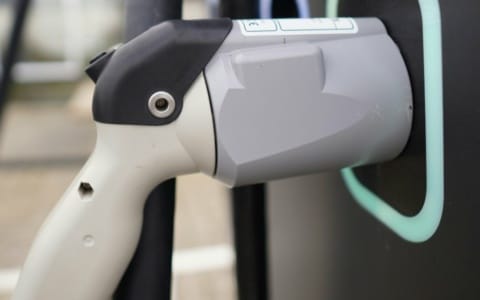
We’re moving toward carbon neutral logistics plans through our deliberate choice of logistics partners such as DPD, who are increasingly investing in electric fleets to reduce the emissions associated with every delivery.
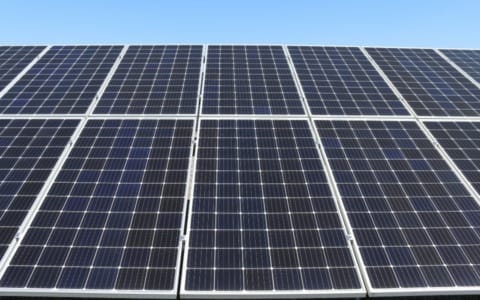
We’re phasing in solar panels across our Oldbury headquarters and Netherlands based warehouse to increase the % of power we use from sustainable sources. We have also introduced electric vehicles into our fleet of company cars.
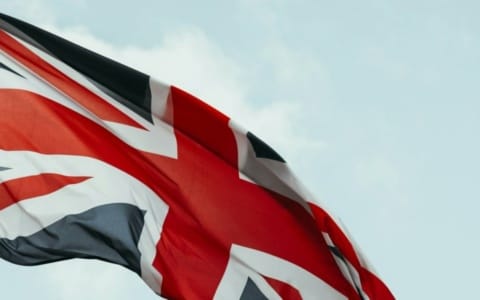
We boast a truly global vetted network of global suppliers which includes a wide range of UK based manufacturers. Coupled with in-house embroidery and UK-based fabric mills, we always use UK based manufacturers where possible.
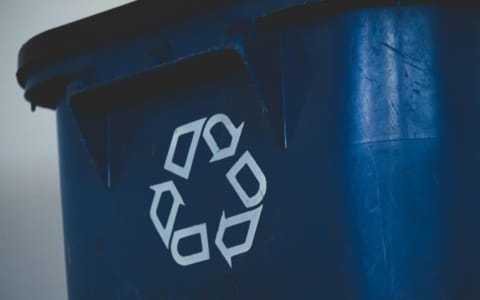
We operate a 0% to landfill policy, supporting organisations to re-use and re-recycle products that have reached the end of their life. Our Group owned, Sri-Lankan manufacturing facility K&D Manufacturing, uses state-of-the-art machinery to repurpose fabrics offcuts into carpet underlay.

Our innovations in warehouse automation (which reduce emissions per pick by 75%), online garment sizing tools (to reduce returns and therefore emissions), our online ordering portal, and 3D avatar design all contribute to reductions in unnecessary emissions.

We have a vast global network of vetted suppliers who we actively collaborate with on new sustainability initiatives. From end-of-product-life recycling to our own 100% ranges, we work with suppliers to ensure customers have the most sustainable options available.

We are removing plastic hangers across our entire customer base and are actively phasing in biodegradable packaging, with many customers already seeing 100% sustainable garment packaging.
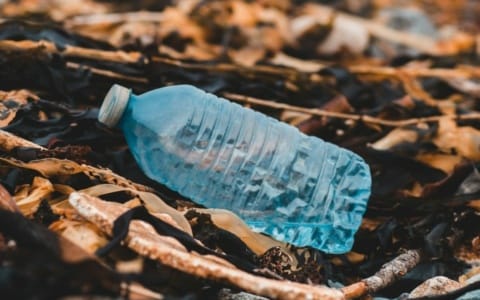
We are using plastics recovered from the ocean in certain garments ranges for customers. Every ocean-recovered bottle can create 1 zip and 3 buttons and we’re also using plastic bottles in many of our recycled fabrics.

As a business, we pledge to be Net Zero by 2050 across all operations and logistics in line with the SBTi (Science Based Targets initiative). We will achieve this through close partnerships and alignment throughout our entire supply chain and customer base.